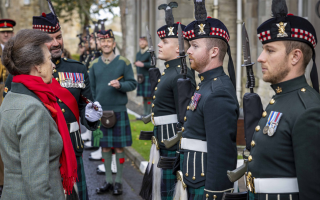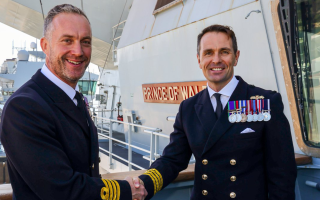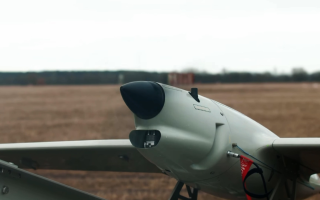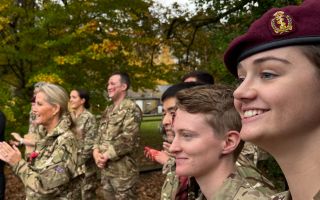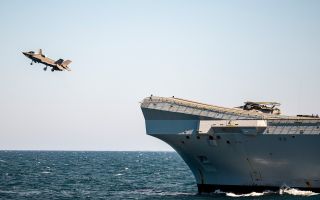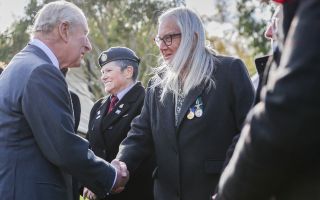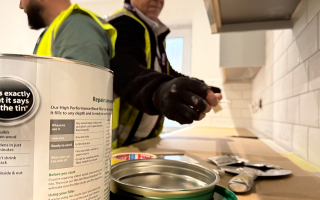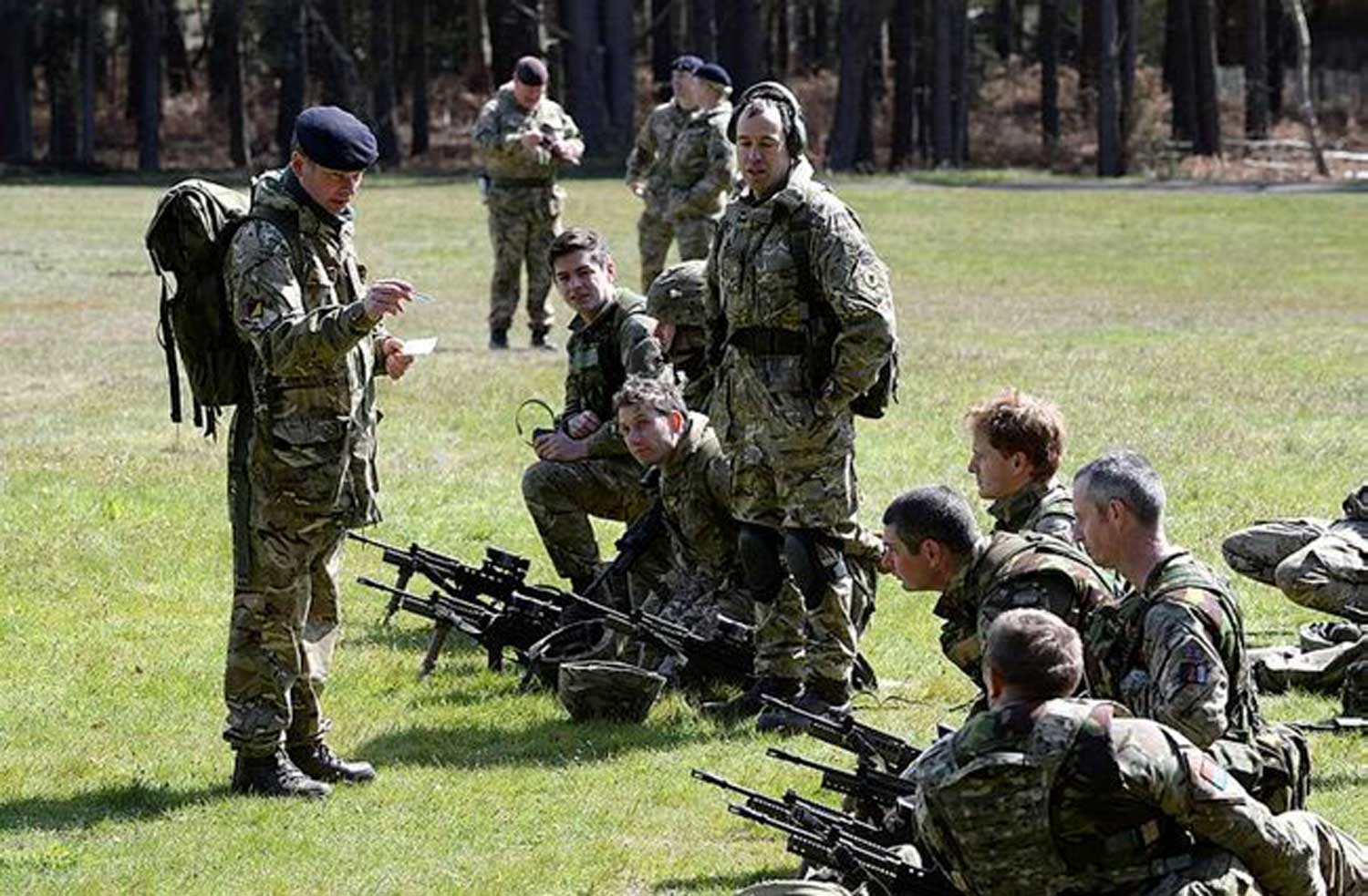
Tri-Service
Comment: Does Britain Need A Militia?

Article by Christopher Lee, Defence Analyst
The Polish government is recruiting a 35,000 paramilitary force because of tensions with Russia.
The force will be a hybrid military operation largely comprised of civilians ready to deploy if Russia does to Poland what it did to the Ukraine.
By this time next month Polish plans will be finalised and announced at the Warsaw summit of heads of NATO governments, and a further reinforced Alliance battalion attached to what will be a rotation brigade.
That is the very military position and should knock on the head any half-baked ideas for a European army - an unsustainable concept that would be nothing more than NATO, less Canada and the US.
The people who should quickly learn from the Polish idea are the British.
Undoubtedly the British have probably the best, certainly one of the most reliable military systems in Europe. There are two weaknesses: manpower and a failure to build a volunteer reserve - the old Royal Navy Reserve (RNR), Territorial Army (TA) and Royal Air Force Volunteer Reserve (RAFVR).
The purpose of the new style Polish militia is something needed by the British and a concept that would work.
The concept would be simple:
Any military set-up needs above everything else, an identifiable purpose. The modern post-Afghanistan war volunteer reserve lacks vision and purpose.
Recruiting is no where near the figures that the generals said would be there to reinforce the regular forces, especially for the British Army.
The reason? The generals got it wrong, living as they do with an utterly outdated belief that if they blow the bugle then well-motivated young people will step forward to the colours.
Two reasons for low numbers: fuller civilian employment and greater employer demands, plus the Army in particular - while not back to the days of driving trucks up and down the M11 as the regular and only training - has no single and believable purpose.
What would simply work is this: The reserves need to identify an enemy and have an attractive and not an uncertain role. Modern young men and women are used to priorities rather than general ideas.
The reserves should be formed in two groups: vocational (medical, engineering etc) and militia.
The militia should be tasked to learn everything there is to know about the Russian operation in Ukraine (as an example), identify and learn off by heart the structure of the Russia militia and regular combinations with weapons systems used, recruiting units, tactics and terms of reference.
In other words go live, breath and identify a potential enemy. The British reserves would become walking encyclopaedias of the potential aggressor.
There is another but not a lesser role: train the whole of the British army volunteer reserve as UN peacekeepers. Have them identify the job, pre-plan for every country a UN operation is or is likely to occur.
British troops are being sent to South Sudan as UN peacekeepers. No reason why trained reservists should not go.
Neither of the above is simply to lighten the load of the regular forces. These are major jobs that would give great purpose to the reserves and would have recruits queuing up down the street.
The main achievement would purpose and identity something missing in civilian life and parts of the military in Britain today, where the theme is disestablishment and devolution instead of understood identity of purpose.

